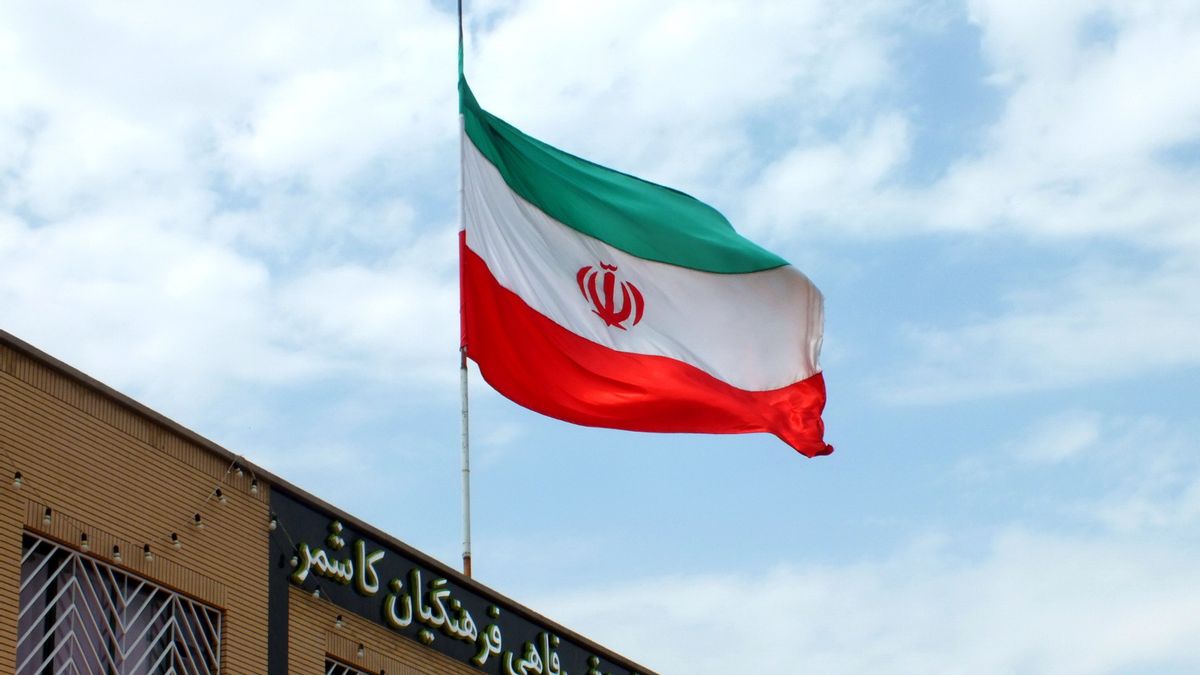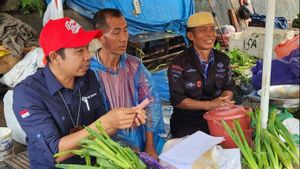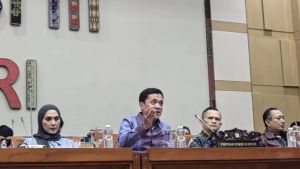JAKARTA - A Norwegian non-governmental organization (NGO) said Iran carried out a mass execution of 12 prisoners in the southeast of the country, one of them a woman, on charges of drugs or murder.
Iran's Human Rights Institute (IHR) said inmates were hanged at Zahedan prison in Sistan-Baluchestan province near the country's borders with Afghanistan and Pakistan.
All 12 detainees are members of the Baluch ethnic minority. Six of them face the death penalty on drug charges and the rest are found guilty of murder.
The IHR said the executions were not covered by domestic media or confirmed by Iranian officials.
One of those executed, a woman, identified only by her surname, Gargij, was sentenced for murdering her husband. He was arrested in 2019, the IHR said.
Activists have long expressed concern that executions in Iran are disproportionately targeting members of Iran's ethnic and religious minorities, particularly Kurds in the northwest, Arabs in the southwest, and Baluchs in the southeast.
"Data compiled by Iranian Human Rights Watch shows that Baluch detainees accounted for 21 percent of all executions in 2021, while representing only 2 percent to 6 percent of Iran's population", the IHR said.
There are also concerns over the recent spike in executions in Iran, as the country's leaders are faced with protests over the rising prices of basic goods.
Separately, Iran's National Council of Resistance (NCRI), which is banned in the country, also said that 12 executions had taken place in Zahedan on Monday.
"Facing widespread popular protests, the clerical regime has intensified its repression and killings, setting an unprecedented record of executions", the NCRI said.
VOIR éGALEMENT:
According to the IHR, at least 333 people were executed in Iran in 2021, a 25 percent increase from 2020.
Meanwhile, Amnesty International, in its annual report on the use of the death penalty around the world, said executions in 2021 were up 28 percent in Iran compared to the previous year to 314, but that the figure was probably too low.
"The death penalty is used disproportionately against members of ethnic minorities for unclear allegations and as a tool of political repression", Amnesty said.
The English, Chinese, Japanese, Arabic, and French versions are automatically generated by the AI. So there may still be inaccuracies in translating, please always see Indonesian as our main language. (system supported by DigitalSiber.id)













